Dutch Non-Fiction
This page of Dutch Non-Fiction presents a selection of books recently published in the Netherlands.
Our aim is to showcase the best non-fiction from the Netherlands. Most titles have been published recently and have done very well in terms of reviews, sales and awards or nominations. We highly recommend the titles on this page, and would be happy to give further advice on noteworthy and interesting books for your publishing list. For more information please contact non-fiction specialist, Victor Schiferli.
Autumn Selection 2025
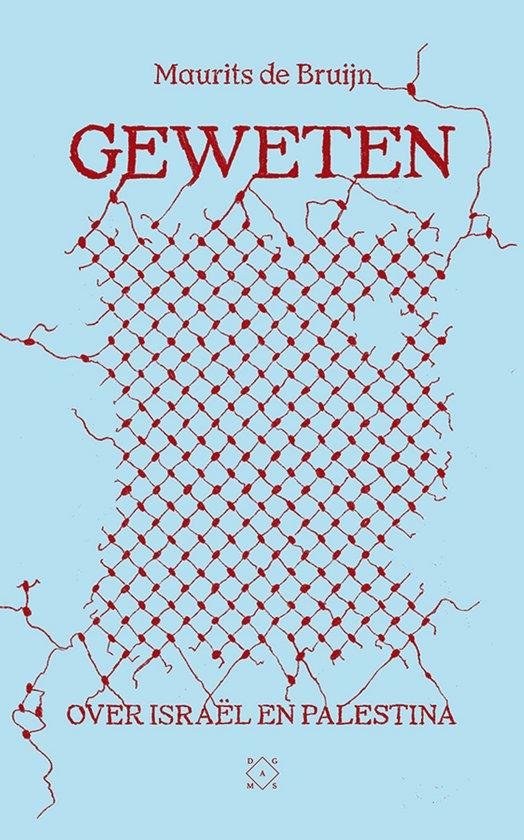
Conscience: On Israel and Palestine
A Jewish writer breaks his personal boycott of Israel to document the reality of Palestine’s occupation
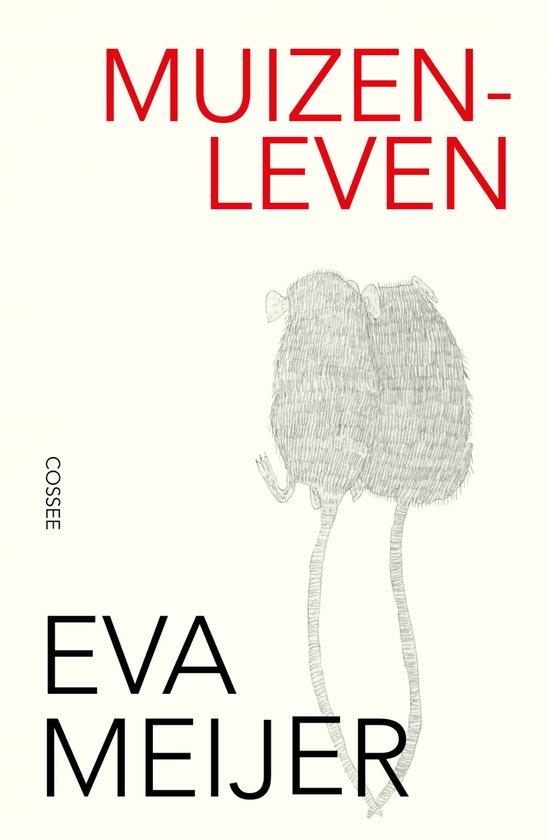
The Life of Mice
How living with rescue mice leads to a broader ethical enquiry into animal rights
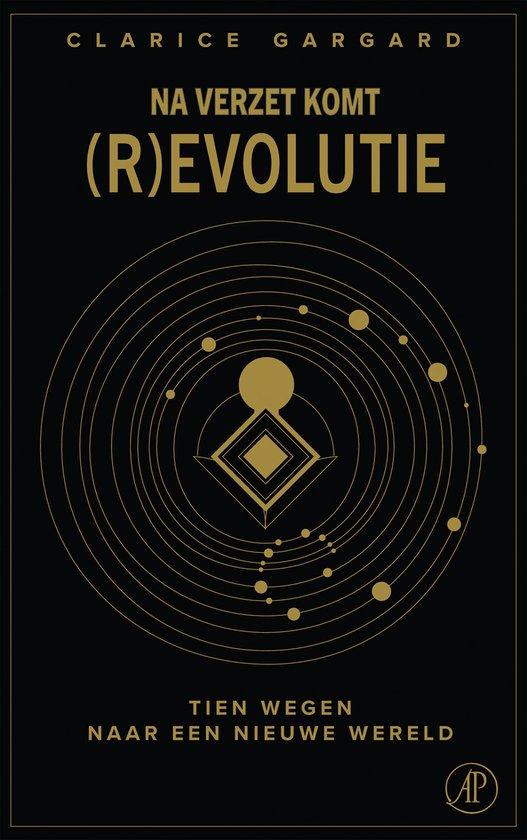
From Resistance to (R)evolution: Ten Roads Towards a New World
One of the Netherlands’ most prominent voices on enacting change
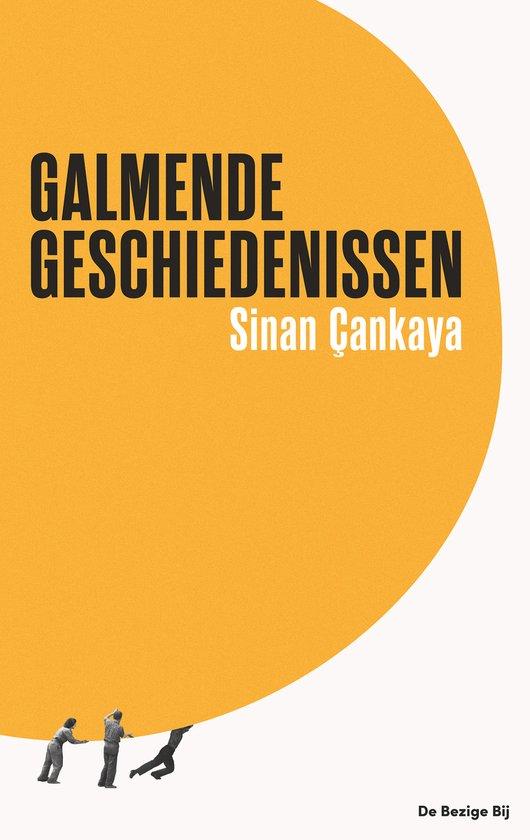
Echoes of History
A thought-provoking essay on who is allowed to speak and who is silenced
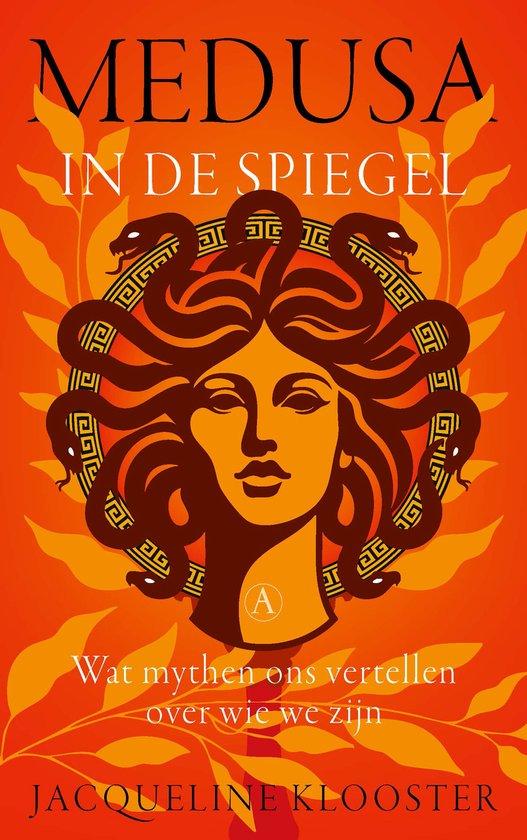
Medusa in the Mirror: What Myths Tell Us About Who We Are
A scintillating exploration of mythological figures and their modern reinventions
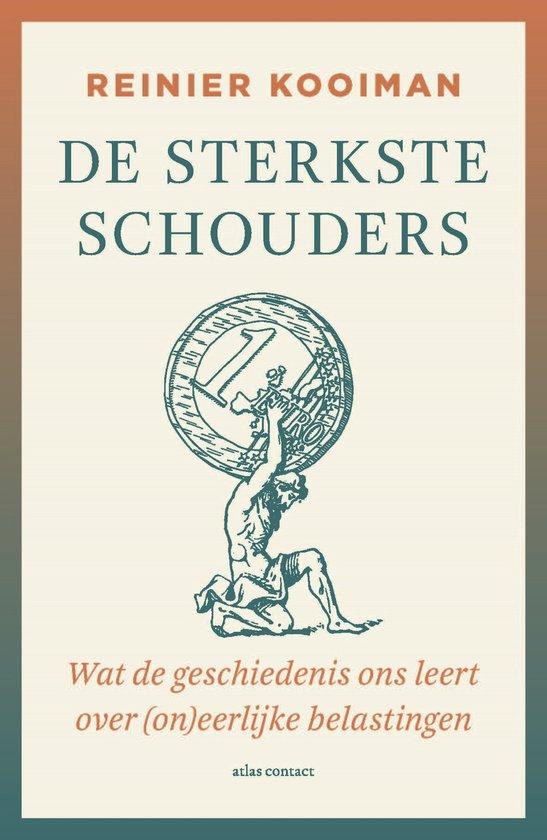
The Strongest Shoulders: What History Teaches Us about (Un)equal Taxes
A fascinating historical argument for making taxes simpler and fairer
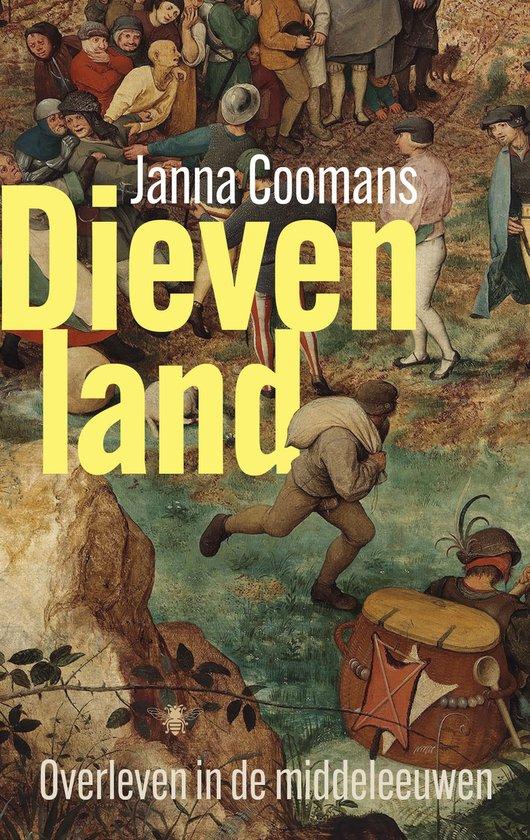
Land of Thieves: Survival in the Middle Ages
Brilliantly-researched, groundbreaking reconstruction of daily life in the fifteenth century
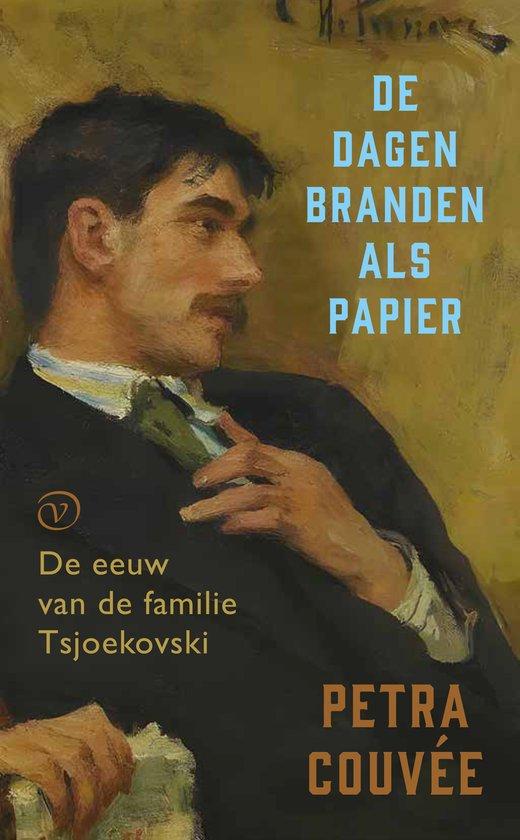
The Days Burn Like Paper: The Century of the Chukovsky Family
An alternative history of the twentieth century in Russia, based on censure and literary power politics
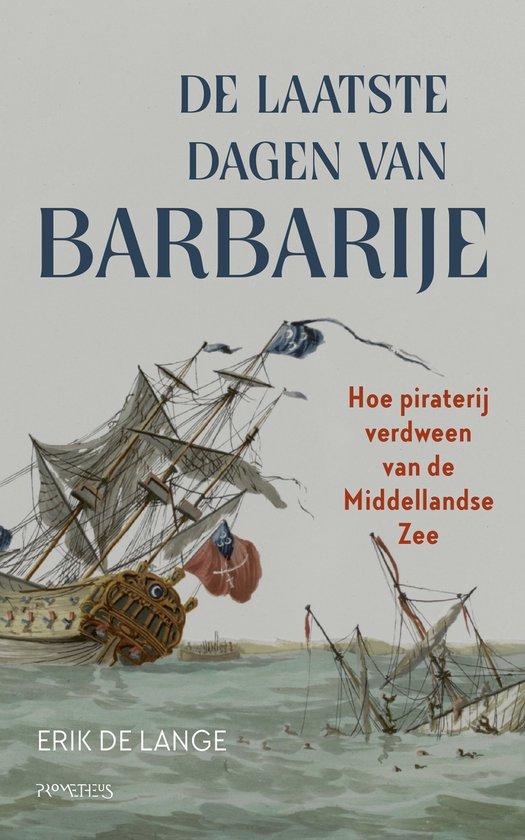
The Last Days of Barbary: How Piracy Disappeared from the Mediterranean Sea
An immersive historical work on European security and the colonization of North Africa
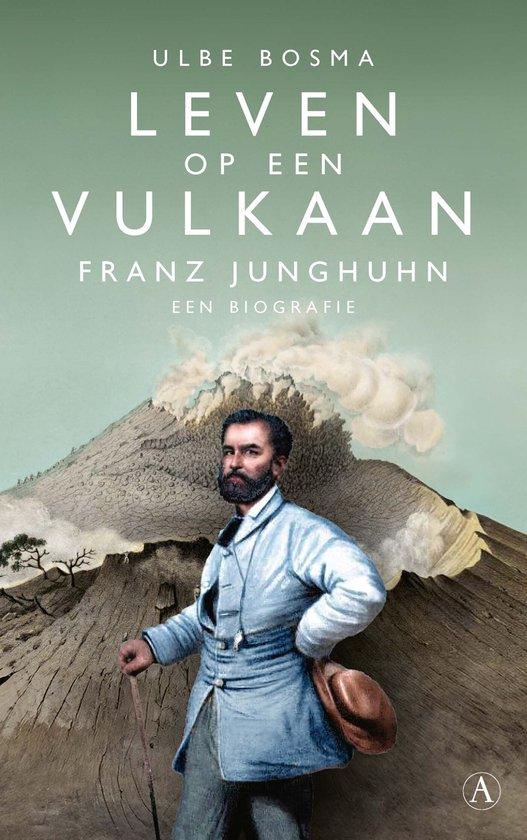
Living on a Volcano: Franz Junghuhn: A Biography
On the unlikely, adventurous life of the ‘Humboldt of Java’
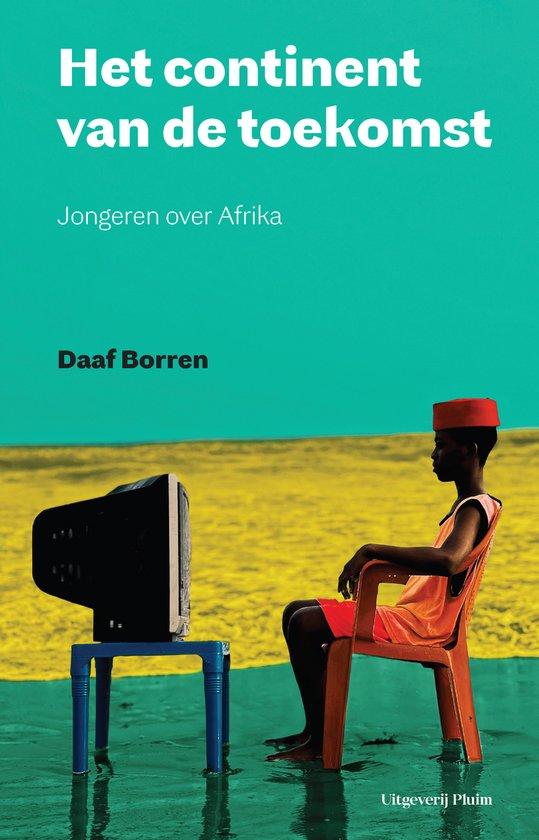
The Continent of the Future: Young People on Africa
From Mali and Congo to Ethiopia and Mauritania – a journey across thousands of kilometres and into the future
